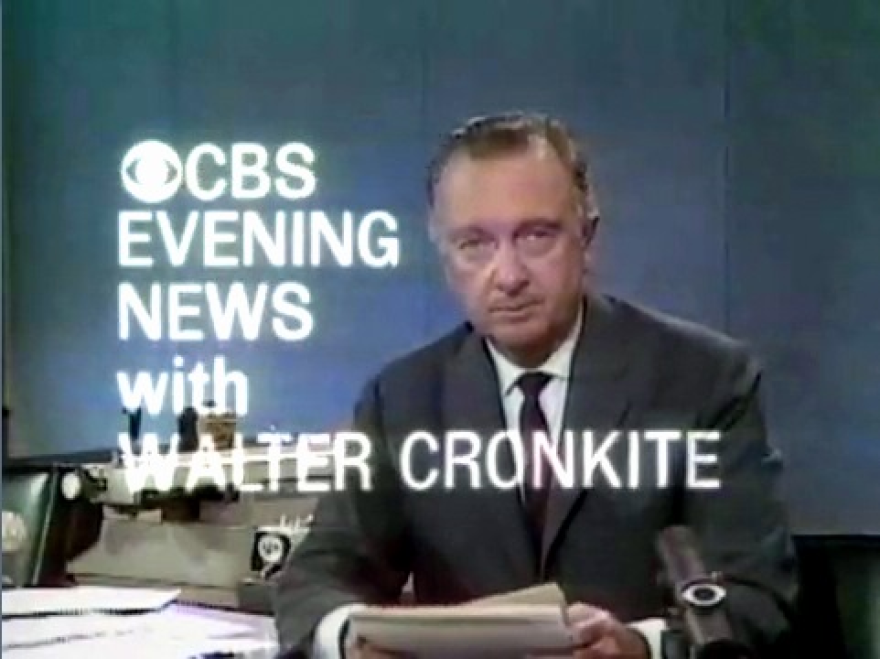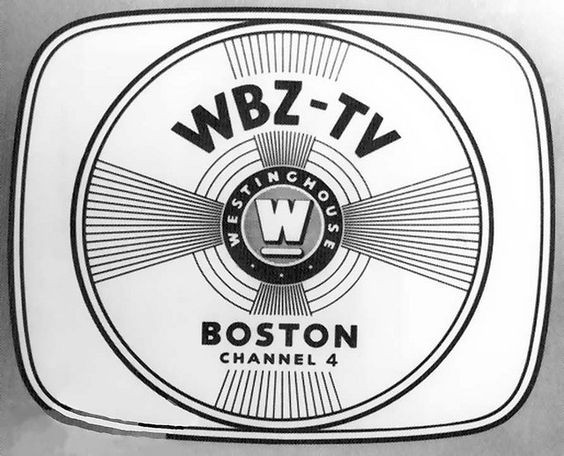Reflecting on My 50th High School Reunion and What I’ve Learned about Life and Life in Education:
A Poetic Sequel to “American Pie”
Dear Colleagues,
“We interrupt this Program for a special announcement.”
Introduction
Five years ago, I attended my 45th high school reunion and reflected in my Blog about how the interpersonal and student-focused dynamics of high schools in the early 1970s were similar and different from the high schools I worked in—at that time—in 2017.
Today, I attended my 50th high school reunion, and it is striking what has happened in our country and across the world over the past five years.
And while I will detail some of that history in a poem below, let’s recognize that every generation feels that it is unique, and that it contributed something essential to American history and our social fabric.
Simultaneously, most generations often look at “the younger generation” and shake their collective heads thinking,
- “They just don’t get it; if only they knew.”
- “They’ll never be able to lead; they’ll ruin our country and way of life.”
- “It was never like this when we were growing up and in charge.”
Today’s message for educators is that—in the context of school improvement (as opposed to “school reform,” “school transformation,” or “school reinvention”)— it is important to understand educational history and past accomplishments so we can identify what worked and why, what nearly worked and why, and what did not work and why.
We also need to understand today’s students, staff, schools, and social contexts so we can (a) use or improve what has worked in the past; (b) modify and adapt previous successes—establishing new successes; and (c) create new systems and strategies to focus on the novel demands that, today, need to be addressed.
Said a different way: Let’s not over-reform, over-transform, or needlessly invent unnecessary “innovations”—throwing the baby out with the bath water.
Instead, let’s take an objective, planful, and strategic look at where we are, what we need, what we already possess, and where and how we need to go.
_ _ _ _ _
But more broadly, today’s theme is about generational reflection, learning from experience, and learning from others.
And all of this is accomplished symbolically and/or metaphorically in the poem below.
The Contexts
I wrote this poem this past week, and it was delivered today (October 1, 2022) at my 50th high school reunion. Our reunion was celebrated by over 100 graduates of the 1972 Class from Framingham South High School in Massachusetts.
Perhaps (for once), I am not going to analyze or interpret the essence of this poem below. It will stand on its own, and you—the Reader—will need to inhale it, reflect on its meanings, consider its implications, and decide how you want to use it.
At the same time, with no disrespect intended, some readers may not fully understand some of the historical allusions embedded in the lines. Hence, I hope the poem generates multiple teachable moments.
At the same time, there are a few important contexts that many—who did not grow up in the late 1960s or early 1970s—will not understand without an advanced explanation.
One of the most popular songs during our senior year in high school was American Pie by Don McLean. This single became the #1 song in America on January 15, 1972. It stayed at #1 for four weeks, and it was also a #1 hit in Australia, Canada, and New Zealand (#2 in Great Britain).
- American Pie was voted the most popular song by our Senior class, its lyrics were featured in our Yearbook, and it was the foundation to the poem below.
According to Wikipedia:
The repeated phrase (in American Pie) "the day the music died" refers to a plane crash in 1959 that killed early rock and roll stars Buddy Holly, The Big Bopper, and Ritchie Valens, ending the era of early rock and roll; this became the popular nickname for that crash. The theme of the song goes beyond mourning McLean's childhood music heroes, reflecting the deep cultural changes and profound disillusion and loss of innocence of his generation– the early rock and roll generation – that took place between the 1959 plane crash and either late 1969 or late 1970. The meaning of the other lyrics, which cryptically allude to many of the jarring events and social changes experienced during that period, have been debated for decades.
_ _ _ _ _
- Hogan’s Heroes was a popular TV comedy that ran from September 17, 1965 to April 4, 1971. Believe it or not, it was set in a Nazi prisoner-of-war camp during World War II where the “prisoners”—led by Colonel Robert E. Hogan and his international crew of crazies—had free reign, hilariously frustrating and poking political fun at the camp’s unaware Nazi commander (Colonel Klink) and its bumbling lead guard (Sargent Schultz).
Similar to M*A*S*H’s take on the Korean War, Hogan’s Heroes used plot and comedy to make many political statements. In fact, the actors who played the four major German roles in the Series were Jewish, they had all fled the Nazi’s during World War II, and some in the cast were imprisoned in Concentration Camps during the War. Werner Klemperer, who played Colonel Klink and was the real-life son of conductor Otto Klemperer, fled Hitler’s Germany with his family in 1933. During the show’s production, he insisted that Hogan would always win against his Nazi captors—otherwise, he would not play the part of Klink.
The Hogan’s Heroes theme song was the most popular song that our high school marching band played. In fact, we played it at every football game as we entered the stadium, and it was often requested throughout the game by fans.
When we graduated on that same football field in June 1972, the band played the song as the recessional, and our class danced its way down the field and off to our futures.
Playing this song at our Reunion was a “no brainer,” and you can see how it is used symbolically in the poem.
_ _ _ _ _
Given these two contexts:
“Here’s the rest of the story” (Paul Harvey).
The Creation
Framingham South High’s Class of 1972 Reunion. . . Pie
A long, long time ago
I can still remember how that music used to make me smile
And I knew if we stood our ground
That we could move the world around
And maybe make a difference for awhile.
But Viet Nam—it made us shiver
And racial equity was not delivered
Drugs and sex and rock ‘n roll
But the bells for Martin and Bobby—yes, we heard them toll.
I can’t remember if I cried
When I realized classmates really die
But something touched us deep inside
The day Hogan’s Heroes last played.
So why, why, Framingham South High
Grabbed my knowledge—went to college
But I didn’t know why.
And then some others—went their own different ways
Growth is a journey—Based on happiness each day.
Did you write the book of love?
Did your high school crush come from up above?
And did you have the nerve to reveal. . .
That she was the one that you adored,
Or that he could make your feelings soar
In that adolescent way?
And yet some sweethearts are still together
And others found happiness—and they’ve weathered
The children, confirmations, and life events
That tested resolve, and left us spent
But we’ve love them through it. . . unrelenting.
We once were young and unafraid
And now we see the paths we’ve laid
Had some big hits and some regrets. . .
And yet we’re here because we can’t forget
The day Hogan’s Heroes last played.
So fly high, Framingham South High
Grabbed my knowledge—went to college
But I didn’t know why.
And then some others—went their own unique ways
Success is a journey—Based on happiness each day.
And so we were all in one place
A generation watching “Lost in Space”
But then the real thing happened when. . .
The LEM, it landed on the moon
And technology began to swoon:
Computers, cable, e-mails, Twitter
AI, Smartphones, the Dark Web sitters
Google, Tic Toc, and all the rest
But is this progress? Or just a test?
Of all the values I think we had
From our families—from our moms and dads
Where did they all go?
Today, it seems that everything’s divided
And rights and wrongs have so collided
Truth has become a commodity
That’s changed by changing channels on your TV.
Women’s rights and salaries
The insurrection—and the inquiries
Black Lives Matters, assault gun scenes
Is everyone living at the extremes?
The pandemic shut the whole world down
We donned our masks. Others donned their gowns.
A miracle! These great vaccines,
But politics reduced them to “injectable chlorines.”
It’s easy to say that we know best
While belittling the opposition’s zest
The younger generations, they just don’t know
And yet we sometimes forget the glow
The day Hogan’s Heroes last played.
So sigh, sigh, Framingham South High
Grabbed my knowledge—went to college
But I didn’t know why.
And then some others—went their own distinct ways
Wisdom is a journey—Based on happiness each day.
Now for fifty years we've been on our own
Some left town, some still call here home
But no one has forgotten when. . .
We shared the stage, the labs, the fields
We cheered our teams and sailed our dreams
But not to romanticize or be naïve:
We had our cliques, we made mistakes
We went too far in heated debates
Some did drop-out or abdicate
And others waited until it was much too late
But somehow we tried to make it work.
And I, for one, forgive our faults
And to our Class, we should exalt
That we did succeed and should all be proud
Of what we’ve done since we walked the halls
And sat in classes with favorite teachers
And on that day with our parents in the bleachers
The last day Hogan’s Heroes played.
So bye, bye, Framingham South High
Grabbed my knowledge—went to college
But I didn’t know why.
And then some others—went their own diverse ways
Life is a journey—You deserve happiness each day.
Summary

“And that’s the way it is. Saturday, October 1st, 2022.”
“It’s 10 PM. Do you know where your children are?” [TV Sign-Off]
[CUE: Star Spangled Banner]
[CUE: TV Test Pattern]

Best,


